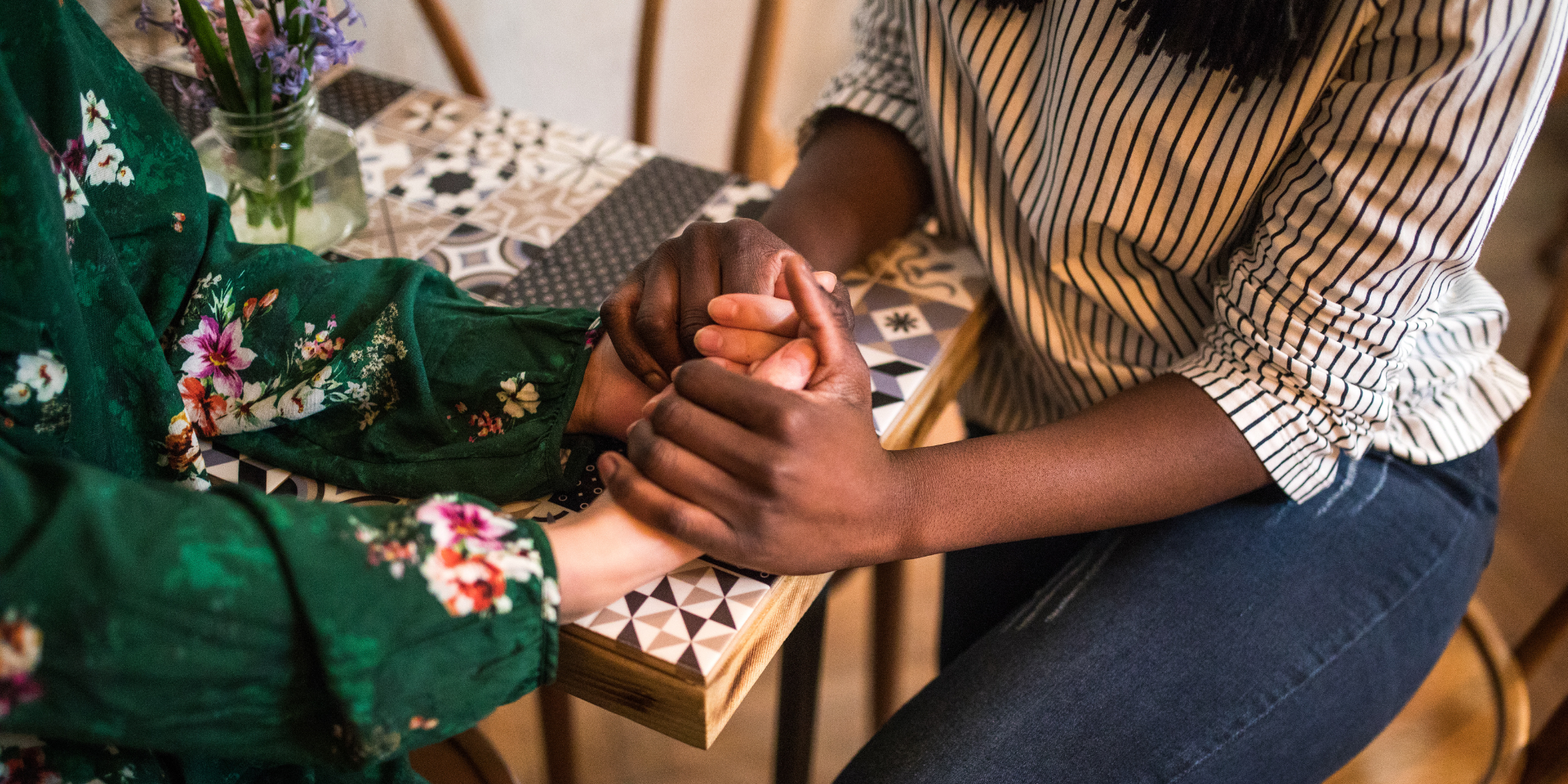How to Set and Keep Boundaries

What are boundaries?
Personal boundaries can be considered the limits or rules we set for ourselves and within relationships. Healthy boundaries provide a foundation for building healthy personal habits and healthy relationships.
Our boundaries are rooted in our values, and understanding our boundaries requires a keen self-awareness. We can set boundaries around our time, our finances and possessions, our physical space, our emotions, our energy, our health, and more. Learn how to set and keep boundaries.
Here are just a few examples of personal boundaries one may set:
- Making it clear to coworkers that you won’t answer emails outside of work hours.
- Choosing not to loan money to loved ones.
- Saying no to anything that makes you uncomfortable or that you don’t want to do.
- Protecting time on your calendar for activities that contribute to your well-being.
- Communicating with your household members when you need quiet time alone.
- Establishing expectations such as honesty in relationships.
Why is setting boundaries so hard?
We are conditioned to want to be liked, “easy-going”, “laid back”, and helpful. In turn, when we aren’t practicing healthy boundaries, we’re susceptible to bending for the needs of others and betraying ourselves.
In essence, there are two steps to setting boundaries: setting the boundary and then standing firm on the boundary you’ve set. Sometimes the hardest part of setting a boundary is standing firm on it.
You may feel tempted to go back on a boundary if you’re met with resistance of any kind. Remember that the other person’s reaction is not an indication of whether or not it was within your rights to set the boundary in the first place.
It’s your responsibility to protect your own needs. It’s not your responsibility to make everyone else feel okay about your decisions.
Why are boundaries important?
“Porous” boundaries tend to breed resentment, anger, stress, wasted time, and burnout. If you often feel upset or resentful that people keep crossing your boundaries (expecting a lot from you, offending you, taking advantage of your generosity, etc.) ask yourself first if you’ve made your boundaries clear to them. Instead of expecting others to know your limits or guess what you need, you must first accept that it is your responsibility to make your boundaries clear to others.
Setting boundaries is a necessary component of self-care and nurturing your mental health.
Healthy boundaries protect your mental health by:
- Helping you establish personal autonomy, identity, and self-esteem
- Protecting you against burnout and promoting your well-being
- Improving your relationships by helping others know your limits
If you’re not used to setting boundaries, you might feel guilty implementing them. Remember that boundaries are not selfish. You’re protecting yourself, yes – but you’re also protecting your relationships when you make your boundaries clear.
Say no to a request or invitation without over-explaining or making up a lie to get out of it. You have the right to say no without feeling guilty. To be treated with respect. To prioritize your needs.
Getting Help
Curious to know more about boundaries? As outlined here, porous boundaries can lead to resentment, but rigid boundaries can keep us from experiencing fulfilling relationships. Learn more about different types of boundaries and traits associated with rigid, porous, and healthy boundaries.
Establishing healthy boundaries can be extremely challenging for many. Navigating your boundaries with the support of a therapist can make all the difference. GLPG offers online and in-person therapy. Browse our network of therapists here.
Ready to prioritize your mental health?
Great Lakes Psychology Group is here to help. With an extensive network of caring therapists available to meet online or in-person, we make it easy to find the right fit for your unique needs.




